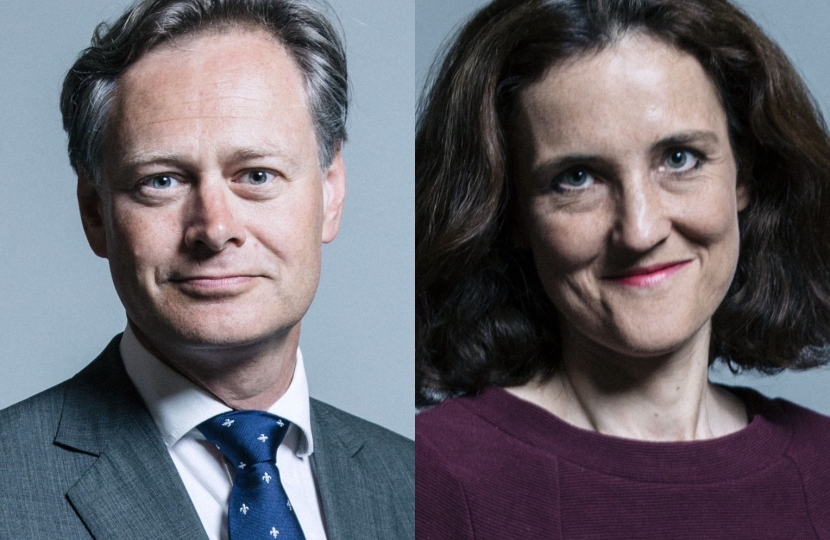
Matthew and Chipping Barnet MP Theresa Villiers have written to Foreign Secretary, Dominic Raab, to ask him to raise concerns about curbs on media freedom by the Turkish Government.
In their letter, they highlight the case of journalist and academic, Emre Uslu, who has published a number of articles critical of President Erdogan’s administration, including revealing contacts between his government and the terrorist groups Al Qaeda and Daesh.
In a joint release, the two MPs note that Mr Uslu is one of a number of journalists and bloggers that have been subject to unjustified criminal charges in Turkey. They add that the authorities there then use these bogus allegations to seek extradition through foreign courts.
In Mr Uslu’s case this was in Washington, but according to the British MPs there is evidence of this happening in the UK courts too.
Matthew said that “dragging journalists through the courts is making people afraid to speak out when they disagree with the Turkish government.”.
He added: “We are asking the Foreign Secretary to raise the importance of media freedom with his Turkish counterpart. We hope that these issues can also be highlighted by the UK Government in international fora such as the UN.”
Setting out her concerns on this matter, Theresa Villiers said: “There is worrying evidence that Turkey is using its criminal justice system, its intelligence agencies, and its extradition agreements with the UK and other countries as part of a systematic campaign to silence dissenting voices. 161 journalists are currently in prison in Turkey. This makes Turkey the world’s leading jailer of journalists.”
The letter from the two London MPs points out that Media Freedom Representative of the Organisation for Security and Cooperation in Europe, Harlem Desir, recently condemned the prison sentences given in Turkey to journalists Özgür Boğatekin and Metin Uca.
Matthew and Ms Villiers are urging the Government to review the terms of its agreements with Turkey on extradition. They argue that the current approach which prevents the UK courts from looking at the merits of the case against the accused, and confines their consideration to procedural irregularities, can no longer be justified.

